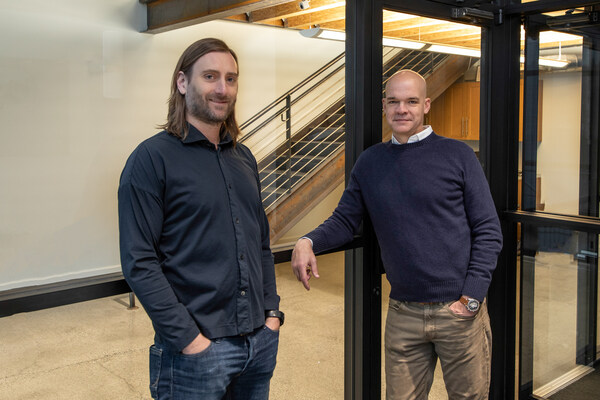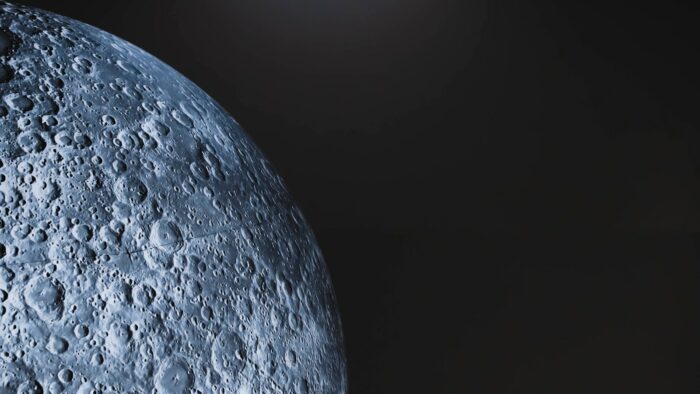Insider Brief
- Thales Alenia Space has signed a €367 million contract with the European Space Agency (ESA) to lead the construction of the EnVision satellite.
- Thales Alenia Space is prime contractor for the m and will be responsible for the entire satellite that hosts five scientific instruments as well as a radio science experiment.
- The EnVision mission will provide a holistic view of the planet, from its inner core to the upper atmosphere, in order to determine how and why Venus and Earth evolved so differently.
Thales Alenia Space has signed a €367 million contract with the European Space Agency (ESA) to lead the construction of the EnVision satellite, marking a major step in exploring Venus, according to a company press release. The mission, set to launch in 2031, aims to unravel why Earth’s planetary twin evolved into an uninhabitable world.
“I wanted to sincerely thank the European Space Agency for putting its trust in our company,” Thales Alenia Space CEO Hervé Derrey said in the statement. “Thales Alenia Space took part to iconic space exploration and science interplanetary missions across the solar system, including Mars with ExoMars, Mercury with BepiColombo, the Sun with Solar Orbiter, asteroids and comets with Rosetta-Philae, Saturn with Cassini-Huygens, and tomorrow the Moon with Artemis, not to mention Euclid that will explore dark energy and dark matter to better understand the origin of the Universe’s accelerating expansion. This stunning mission will be a new step toward better understanding the deepest secrets of Venus, emphasizing in particular the many similarities and differences that exist between the Earth and the planet Venus, which is 41 million kilometers away from ours.”
EnVision will carry five advanced scientific instruments and a radio science experiment, supported by multiple international space agencies, including NASA, CNES (France), DLR (Germany), ASI (Italy), and BELSPO (Belgium), according to a company statement. The satellite will study Venus from its core to its upper atmosphere, examining geological history, volcanic activity, and climate to shed light on how such a similar planet became so hostile to life.

“We are extremely proud to announce our contribution to ESA’s EnVision mission in partnership with NASA, 20 years after the historic Venus Express mission. This new initiative, which follows on from the extraordinary BepiColombo and ExoMars 2016 missions, represents a significant milestone for the industry as well as for space research,” said Giampiero Di Paolo, Deputy CEO and Senior Vice President, Observation, Exploration and Navigation at Thales Alenia Space, in the statement. “The EnVision mission, involving major international partners, is an ambitious program that will help us unravel the mysteries of the evolution of Venus, a planet so similar to Earth in many respects, but at the same time so different. With our experience and commitment, we are determined to support this crucial planetary mission, which promises to further our knowledge of our solar system.”
Mission Goals and Challenges
Thales Alenia Space, a joint venture between Thales (67%) and Leonardo (33%), will manage the satellite’s design and construction. The EnVision orbiter will be equipped with instruments like a Synthetic Aperture Radar (VenSAR) and a suite of spectrometers to map Venus’ surface, probe its subsurface, and analyze its atmospheric composition.
The mission will include a year-long aerobraking phase, where the spacecraft will use Venus’ thick atmosphere to reduce its orbital speed and achieve a stable, circular orbit. This phase is critical but risky, as atmospheric friction could destabilize the spacecraft or cause overheating, the company suggests. Thales Alenia Space team said its experience with aerobraking during the ExoMars Trace Gas Orbiter mission in 2016 will help mitigate these risks.
Once in a low-polar orbit, approximately 220 to 540 kilometers above Venus, EnVision will begin its primary scientific phase, which will last four Earth years. ESA authorized the next development phases, with the spacecraft system requirements review slated for 2025 and full authorization for construction expected in 2026.
International Collaboration
EnVision exemplifies international cooperation in space exploration. Thales Alenia Space will lead a team of industrial partners, including OHB, which will oversee the satellite’s mechanical and propulsion systems, and Thales Alenia Space in France, responsible for the Attitude and Orbit Control System. NASA will contribute deep space network support and the VenSAR radar, a vital tool for penetrating Venus’ dense cloud cover.
According to the company release, the instruments on EnVision will provide an unprecedented integrated view of Venus, offering insights into its volcanic and tectonic activity and how its thick, carbon dioxide-rich atmosphere interacts with the planet’s surface.
Building on Experience
Thales Alenia Space highlighted its role in previous complex missions, such as the Euclid space telescope and ExoMars, as evidence of its capability to manage EnVision’s technical challenges.
The mission builds on Europe’s earlier Venus Express, which concluded in 2014. EnVision will delve deeper into Venus’ mysteries, exploring why two planets so similar in size and distance from the Sun diverged so dramatically in their evolution.
Looking Ahead
EnVision’s successful deployment could deepen humanity’s understanding of planetary systems and provide context for studying exoplanets with similar conditions. The mission is part of ESA’s Cosmic Vision program, adopted as the fifth medium-class mission in 2024.
“We are thrilled to partner with Thales Alenia Space on this ground-breaking new mission to Venus – said ESA Science Director, Prof. Carole Mundell, in the statement. “No other mission has ever attempted such a comprehensive investigation of our remarkably inhospitable neighbour. EnVision will answer fundamental questions about how a planet becomes habitable – or the opposite.”
Share this article:










